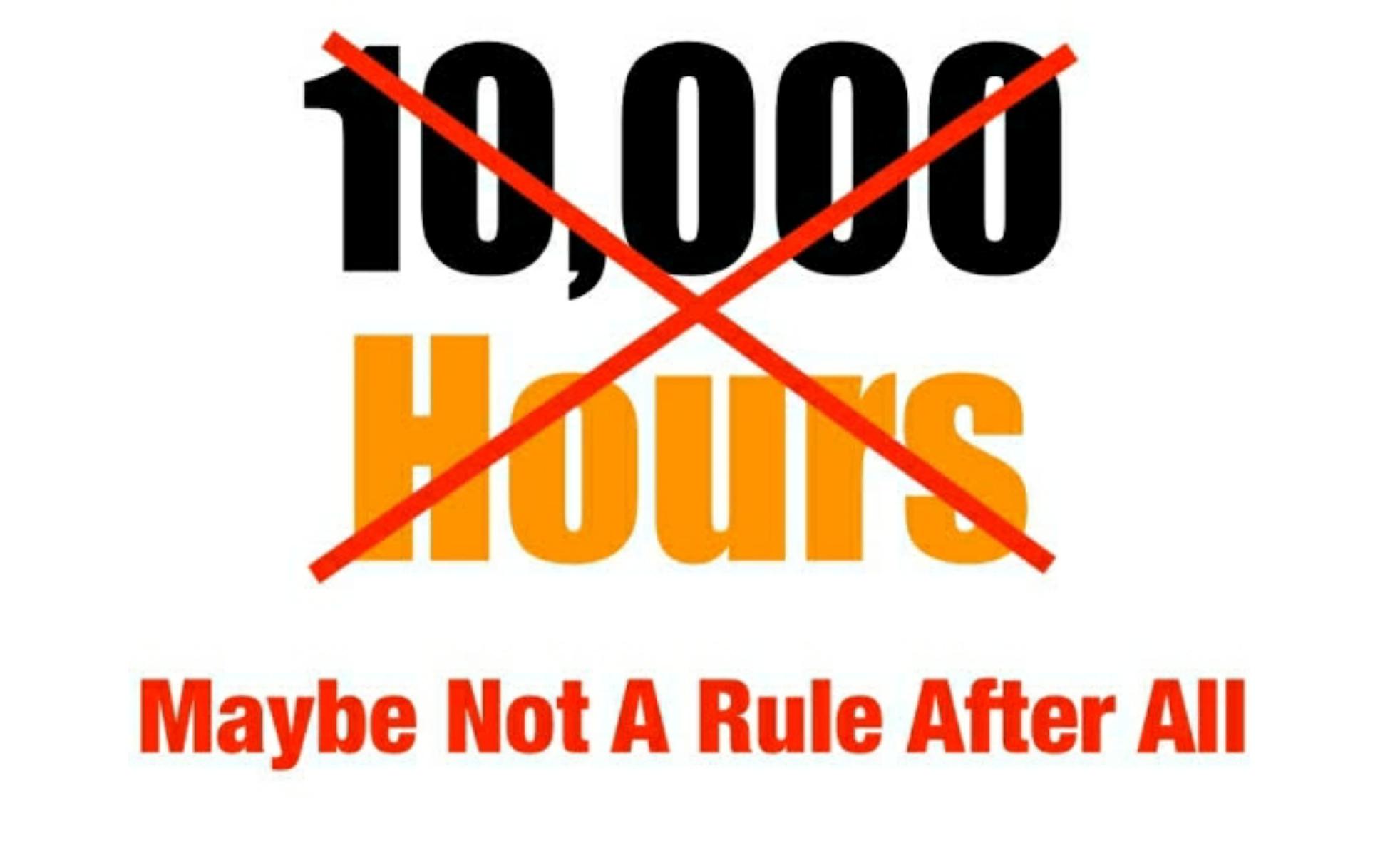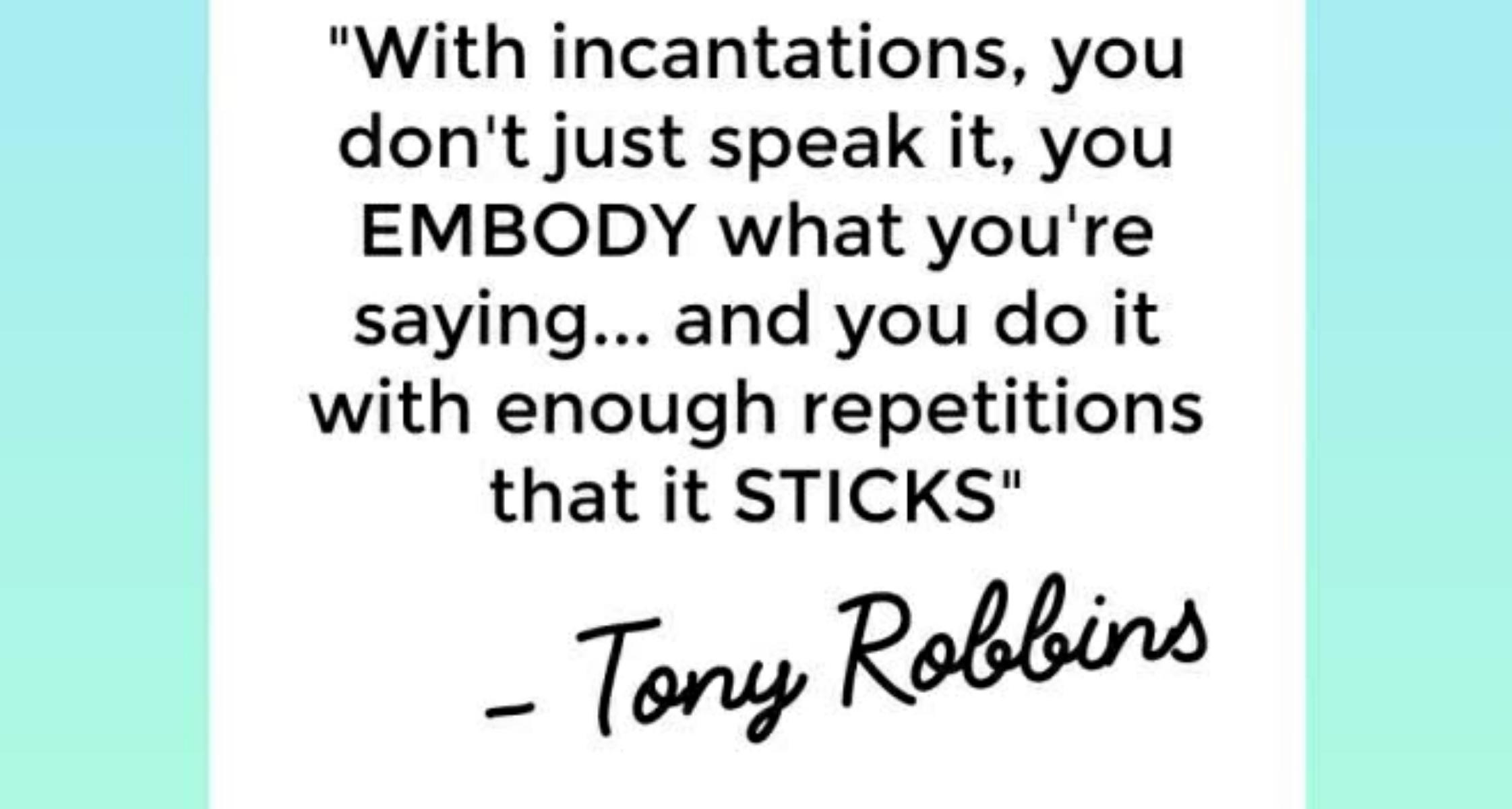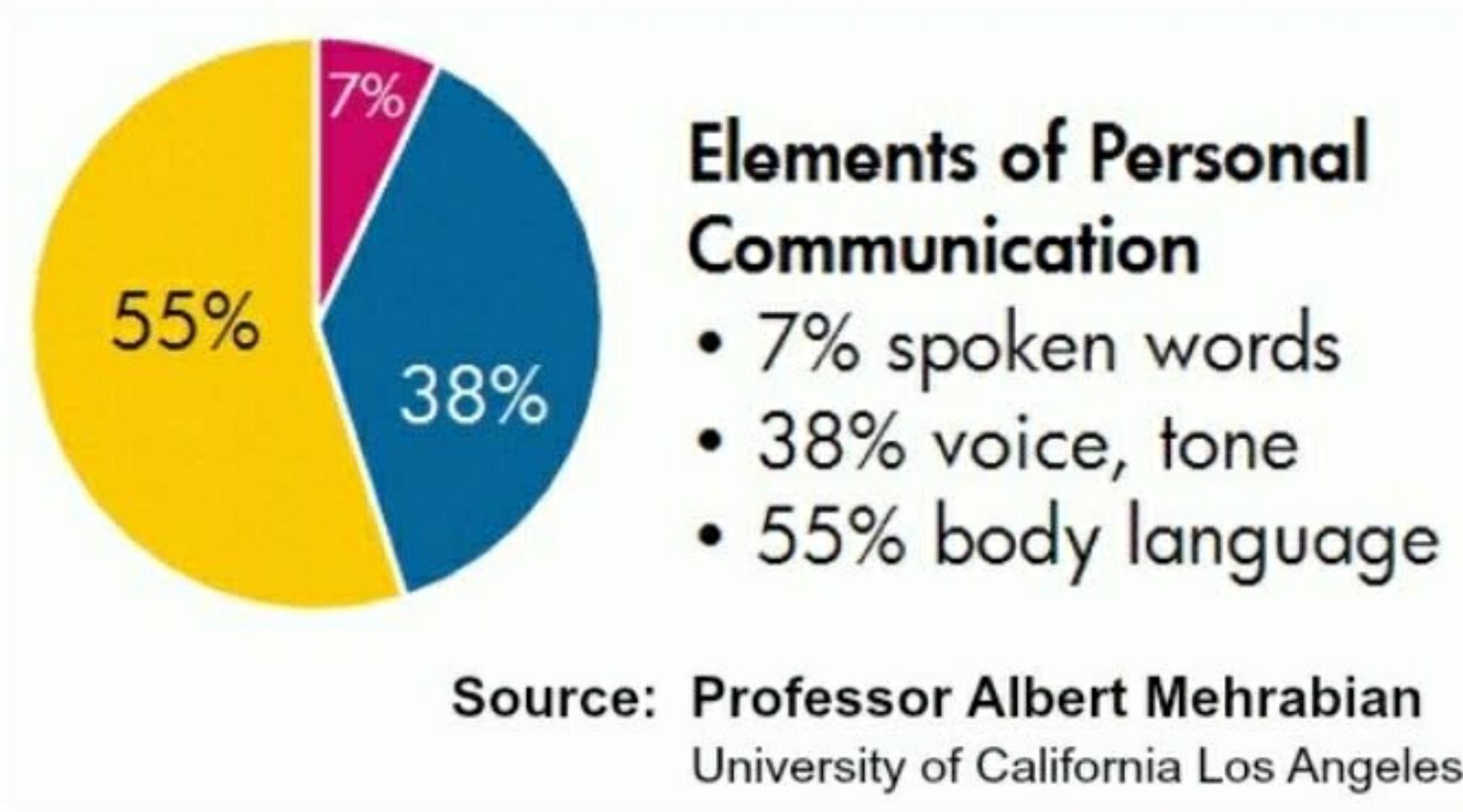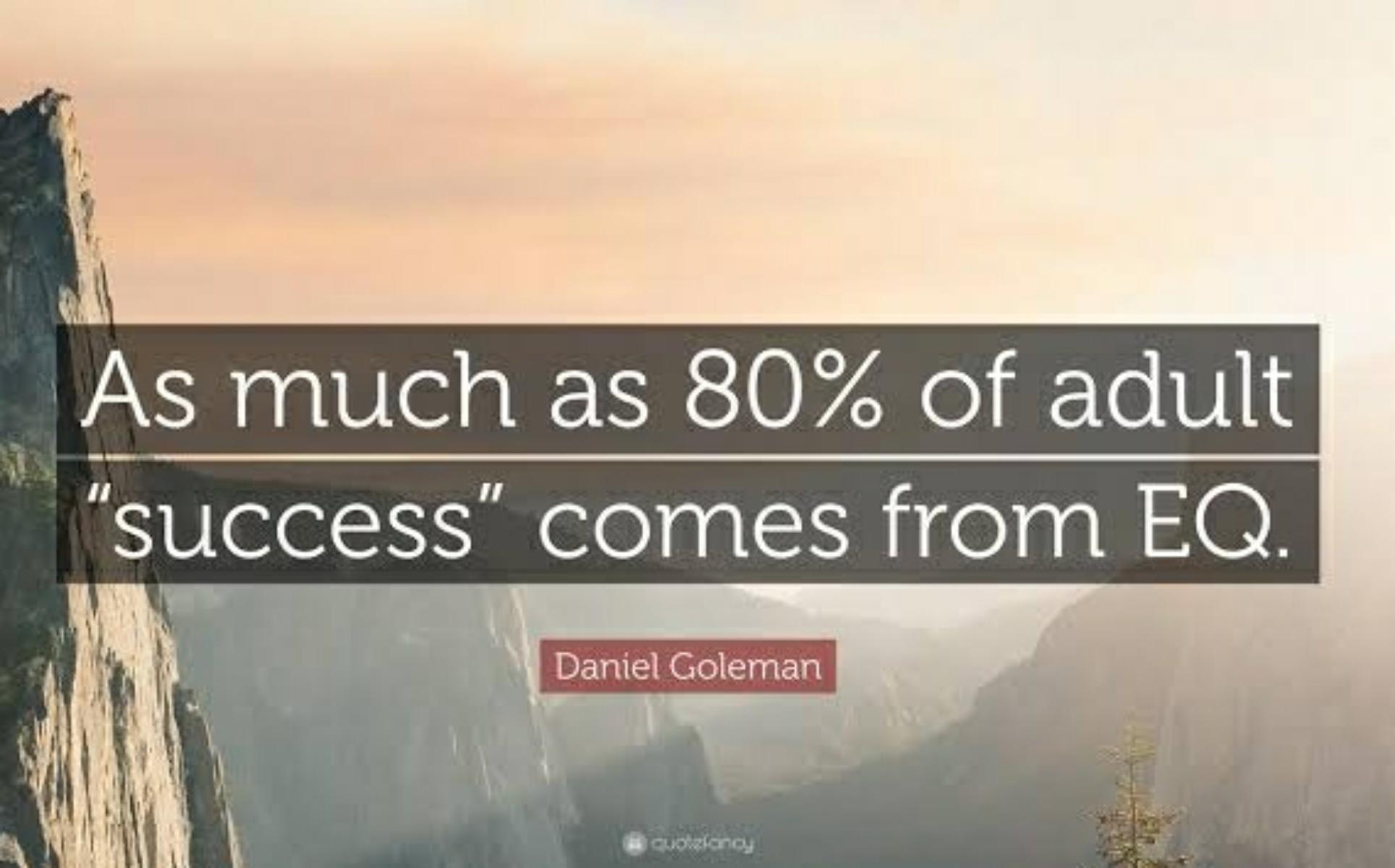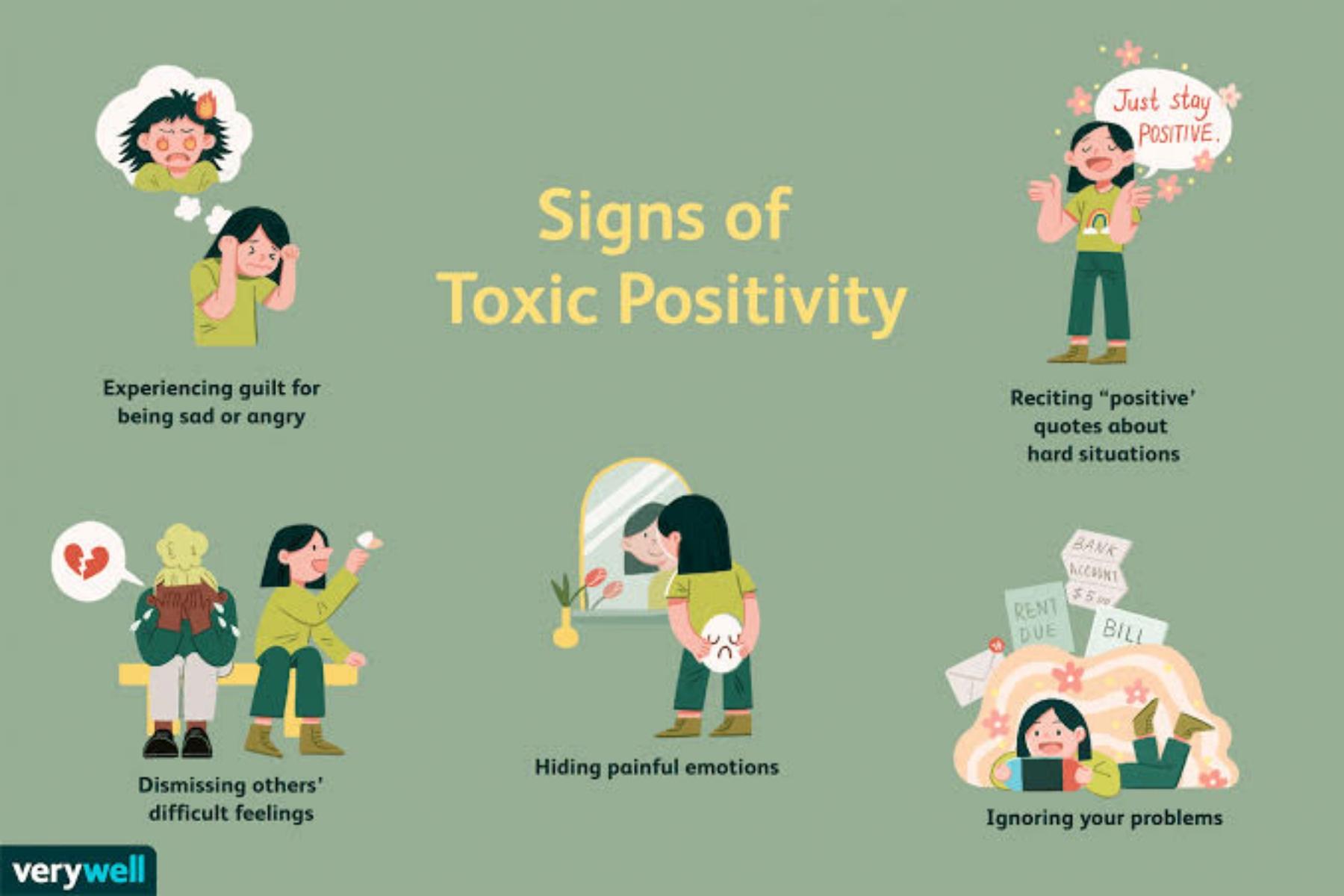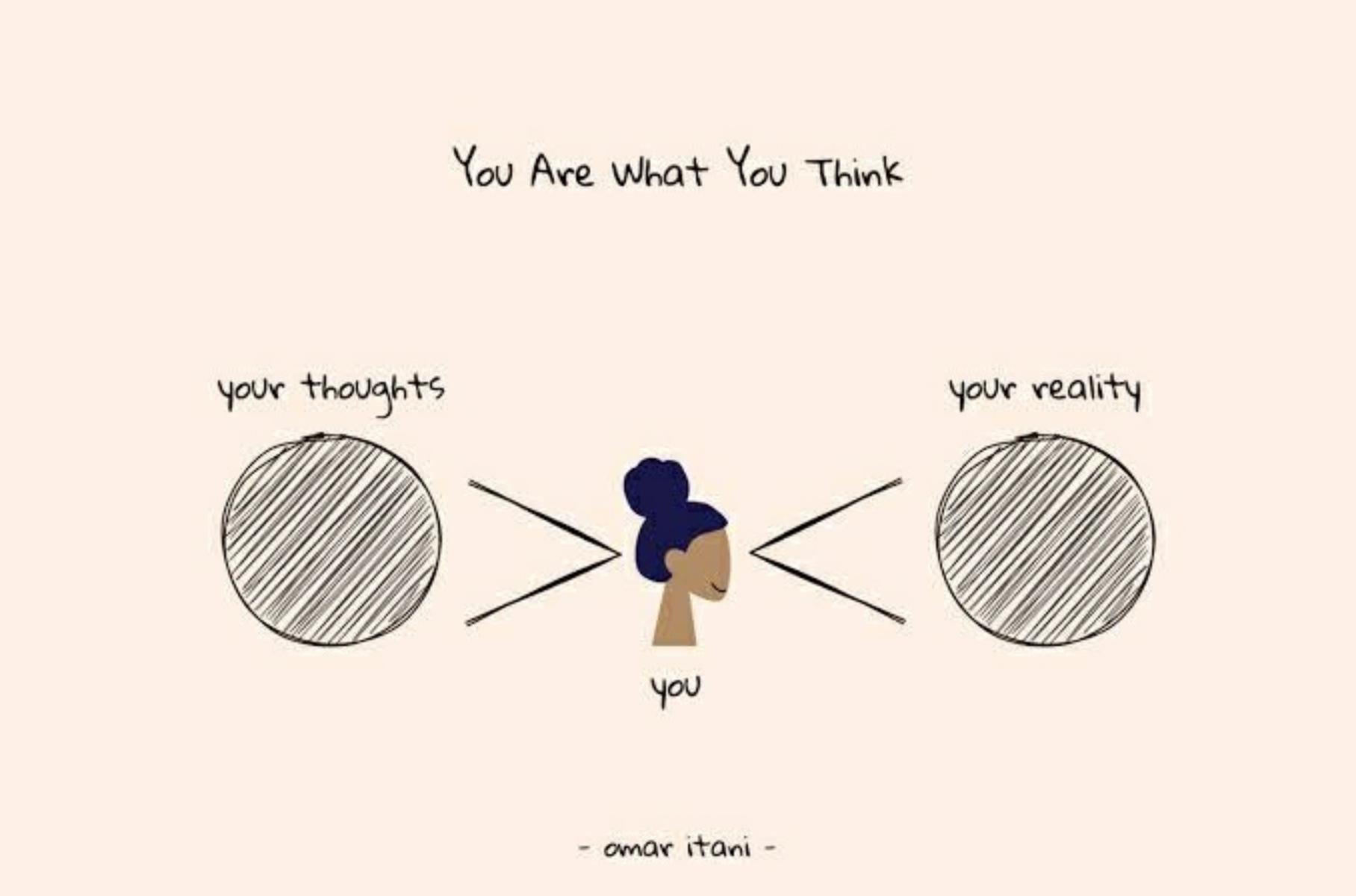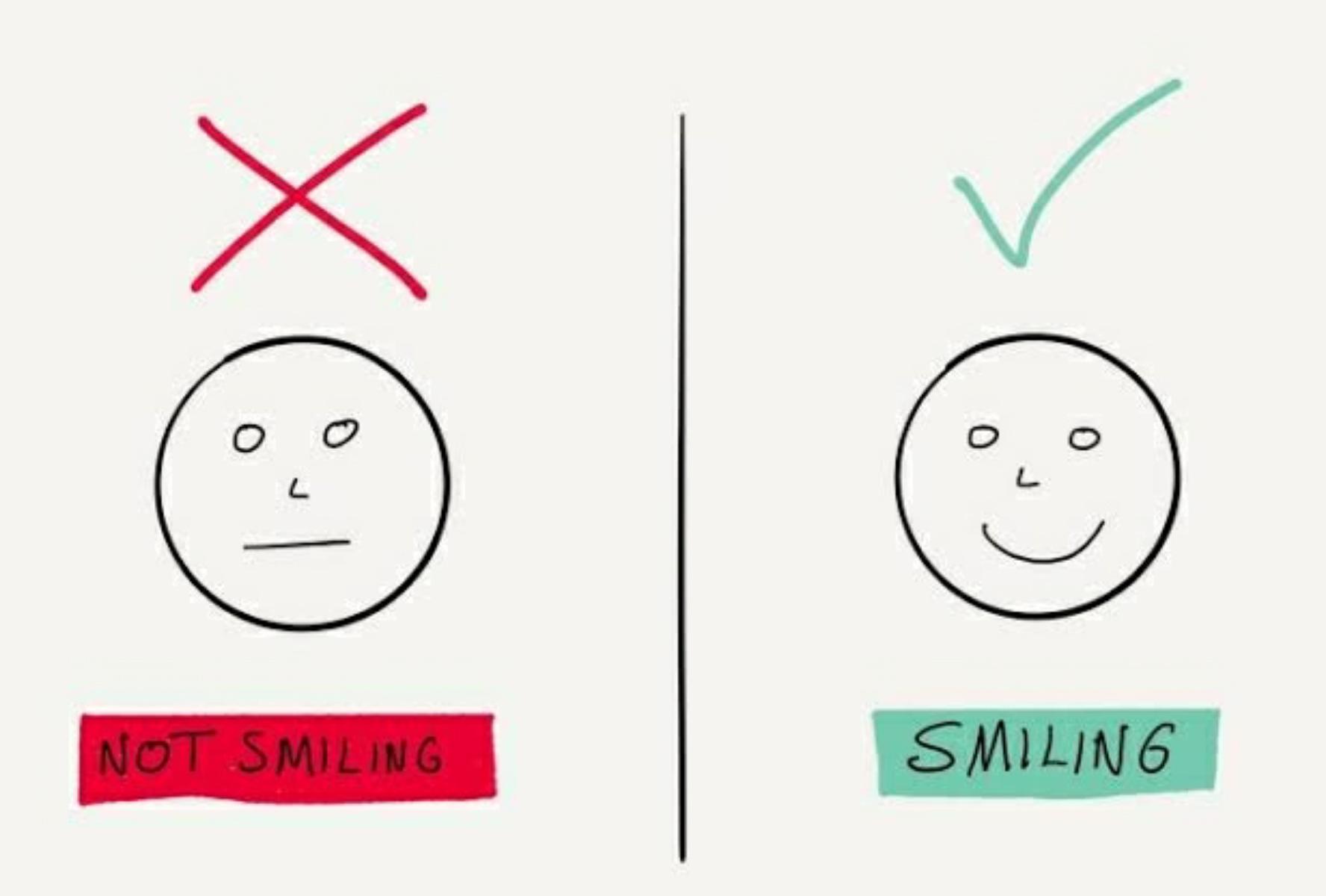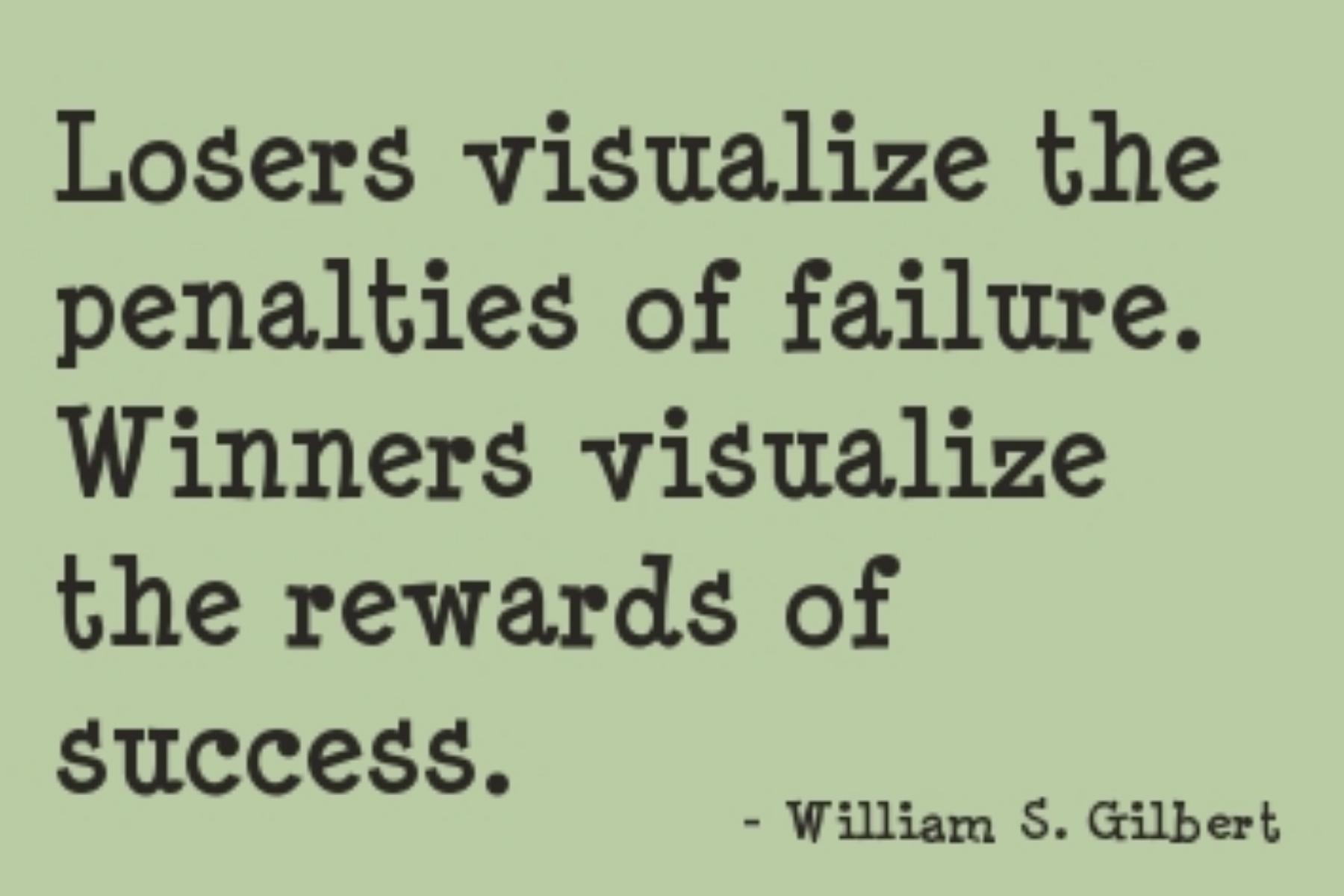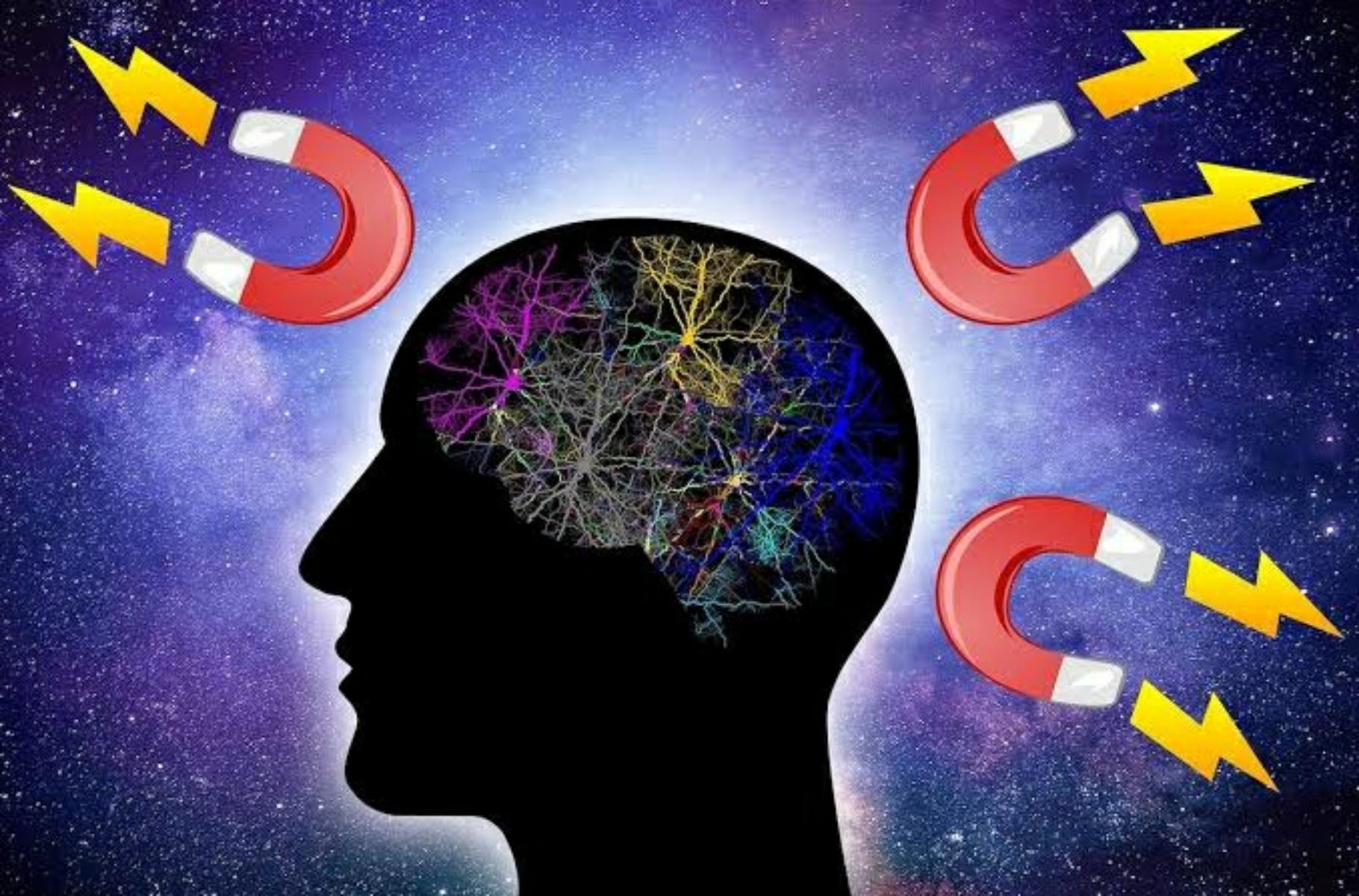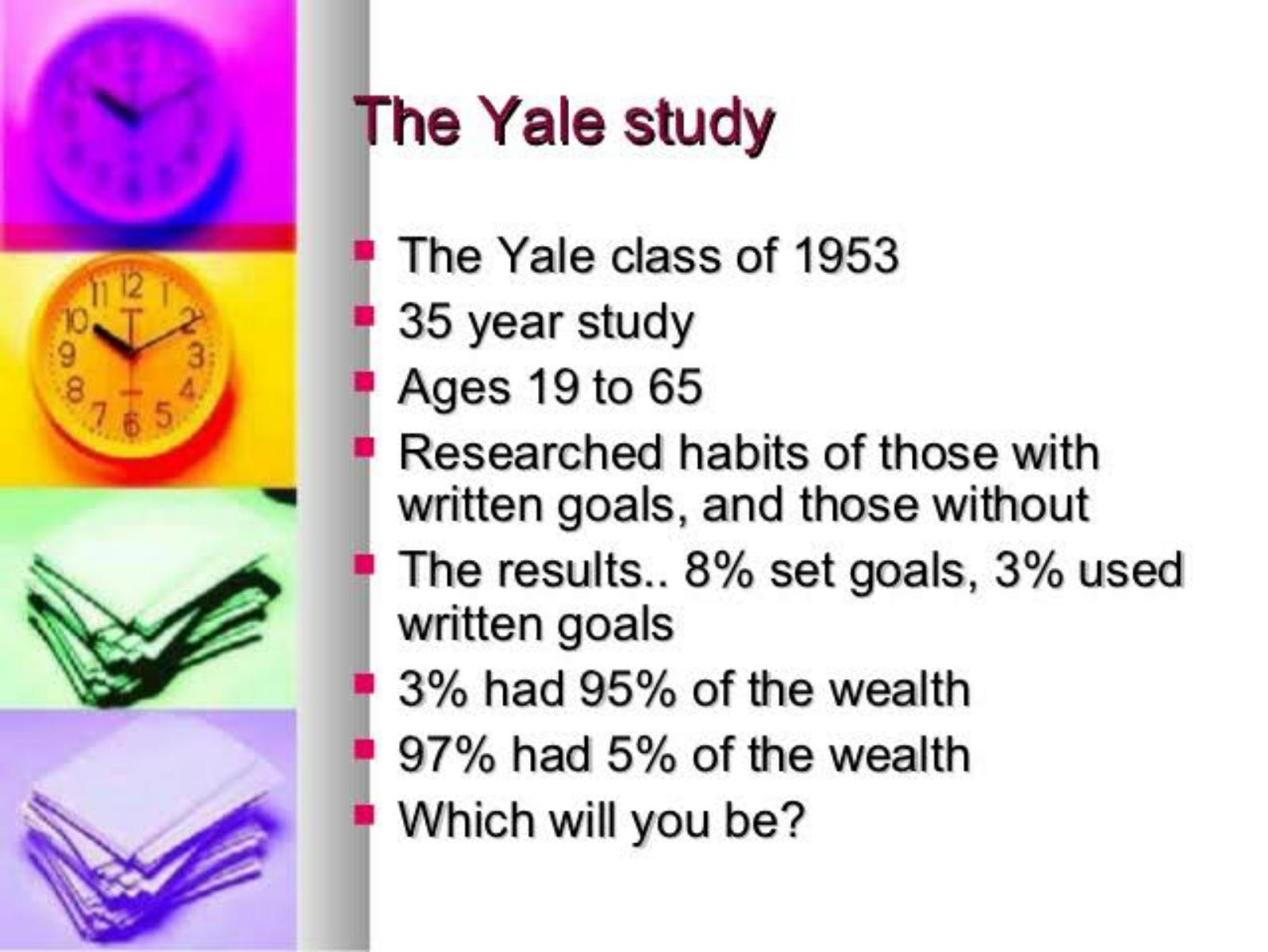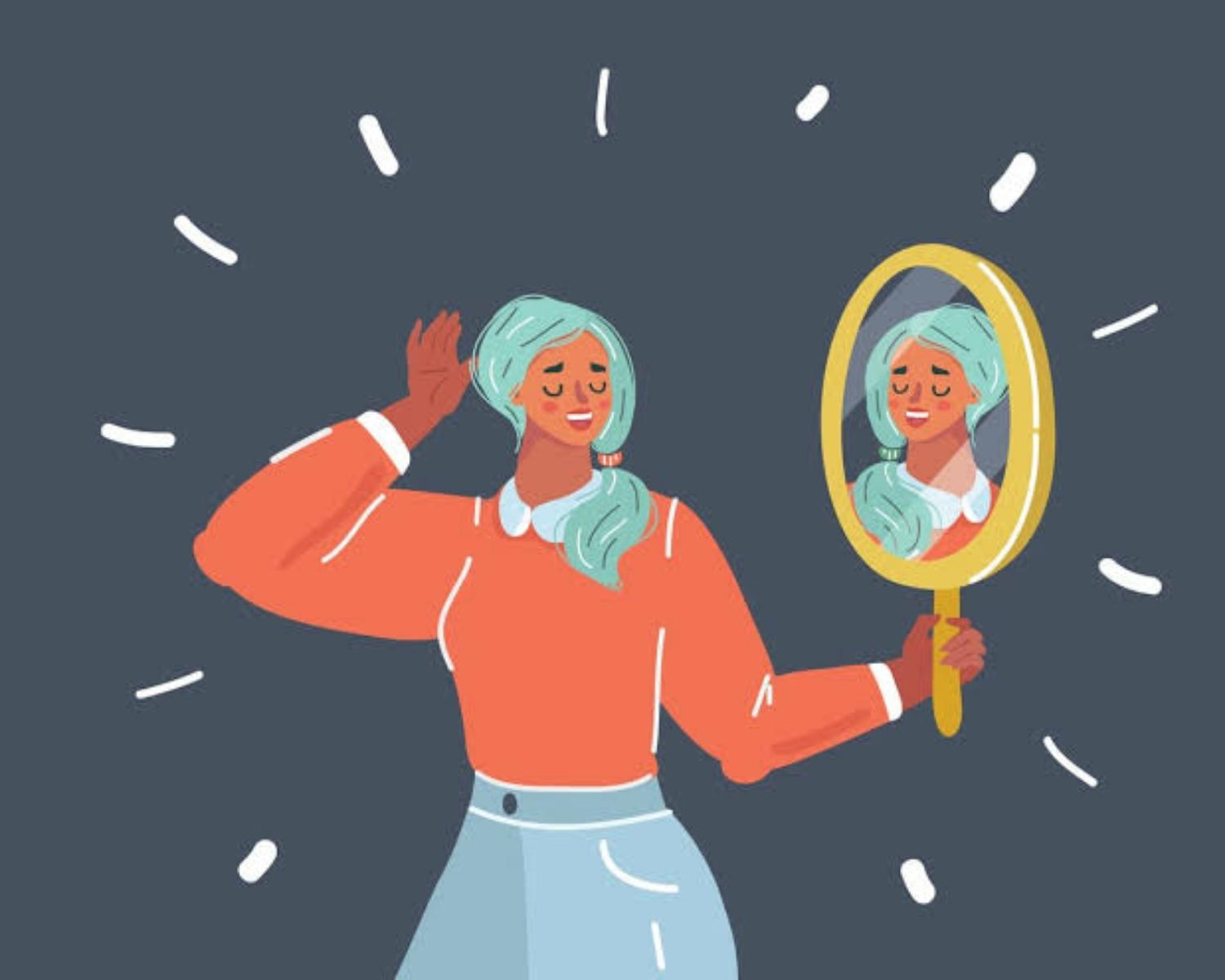13 Self-Help BS & Myths: Updated List (Plus, Fixes) | The Power Moves
Curated from: thepowermoves.com
Ideas, facts & insights covering these topics:
15 ideas
·26.2K reads
90
2
Explore the World's Best Ideas
Join today and uncover 100+ curated journeys from 50+ topics. Unlock access to our mobile app with extensive features.
Myth – The 10,000 Hour Rule
"If you want to become world-class good all you need to do is put in 10,000 hours."
Why It’s Wrong:
- It focuses on the quantity of time practicing, not the quality of the practice – and not all practice is equally helpful.
- It leads to a misconception that anyone can become an expert in a given area by putting in the time.
What to Do Instead:
182
2.3K reads
Myth – Incantations
"Repeat yourself a mantra and you will eventually come to believe it and embody it."
The Truth:
"We have found that merely repeating positive statements to yourself does not raise mood or achievement very much, if at all.", says psychologist Martin Seligman, one of the founders of positive psychology
What To Do:
- Work to improve yourself to the point where you receive (real) positive feedback from others.
- Challenge your negative thoughts, “talk back” to them with well-reasoned arguments.
- Ask yourself questions and then force yourself to come up with positive answers.
183
1.64K reads
Myth – Brain Plasticity
"The brain can rewire and change itself, and that means that you can learn anything."
The Self-Help Lie:
- There is no talent, only effort.
- Since the brain is plastic, you can learn anything and you can get good at anything.
The Truth:
The brain is plastic… Quite a bit. But that doesn’t mean it can rewire itself limitlessly.
What To Do:
- You can improve on pretty much anything.
- You are also better off choosing fields where you have a natural affinity for.
168
1.5K reads
Myth – Only 7% of Communication is Verbal
"Most meaning of human communication is nonverbal, so you can forget about the actual words."
The Truth:
This is what, in a nutshell, the Mehrabian study tells us:
"When it comes to feelings and atittudes, we get most of our cues of the speaker’s intent from non-verbal sources. When the two are in conflict, we give precedene to non-verbals."
That’s the truth of the study and it cannot be generalized outside of feelings and attitudes.
161
1.32K reads
Myth – EI Is 80% Of Success
"IQ doesn’t matter, it’s all about how you understand and get along with people."
The Truth:
- Travis Bradberry, author of Emotional Intelligence 2.0, found out that EI rises until mid-level management but then decreases at CEO level.
- Hence, if we measure “success” as the “ability to climb hierarchical structures in business organizations”, then the claim that EI is 80% of success is blatantly not true.
164
1.29K reads
Myth – Focus Only on Positives
"If you focus on positives you will be happier and more successful. If you focus on the negative you will be unhappier."
The Truth:
- Frederickson and Losada found out that too many positives become harmful above a certain threshold (11:1).
- Research shows that thinking about the worst-case scenario can help people to manage their anxiety and lower the pressure.
168
1.2K reads
Once the ratio hit about 11 to 1, positive emotions began doing more harm than good. Beyond that balance of positive-to-negative, Life becomes a festival of Panglossian cluelessness, where self-delusion suffocates self-improvement.
Some negativity (…) is essential to offer us feedback on our performance
DANIEL PINK
173
1.61K reads
Myth – Release Anger
"To feel better and live fully, you must let out all negative emotions."
The Truth:
There is plenty of evidence that venting your anger actually only makes you more angry and aggressive and increases the negative consequences of anger.
165
1.17K reads
Myth – Force Yourself Into Positive States
"You become what you think of. Force yourself to think positive and you’re good."
The Truth:
- Research shows that switching to a good mood when we’re normal is easy.
- When we’re anxious or stressed and we “force” ourselves to feel good is that we fail.
- When we’re already down and we fail to switch to happy, we feel even worse and powerless.
The Solution:
- Accept the idea that it’s OK not to be always happy.
- If you want to switch mood, getting other people to help and/or changing the environment can be more effective.
173
994 reads
Myth – Smile And You’re Happy
"To be happy, you just need to smile."
The Lie:
This was actually backed by a famous study originally called in psychology the “facial feedback hypothesis” (Strack Et Al., 1988).
The Truth:
A much larger successive study failed to replicate its results (Wagenmakers Et Al., 2016).
158
1.04K reads
Myth – Visualize Winning
"The more you visualize yourself winning, the closer you get to actually winning."
The Truth:
- Thinking about goals increases the number of times people thought of those goals and decreased the amount of actual work.
- Research shows that people who used visualization to envision themselves studying instead of getting an A not only performed better, but also experienced less stress and anxiety.
What To Do
- Remind yourself that work trumps visualization.
- Don’t visualize yourself too much with the gold medal but also focus on the process.
175
991 reads
Myth – Law of Attraction
"If you think often enough and with enough conviction about what you want you can attract it in your life."
The Truth:
From a psychological perspective, this notion has some merit but there is no empirical scientific evidence supporting the law of attraction, and it is widely considered to be pseudoscience.
162
1.42K reads
Myth – Goal Setting in Yale
"A survey of Yale’s class of 1953 found out that people who wrote down their goals out-earned all the rest by several orders of magnitude."
The Truth:
Some people looked for the source of this study.
And there was none.
Finally, Yale University itself came out saying a survey on goal setting was never conducted.
156
1.07K reads
Myth – High Self-Esteem
"The more confident and the higher your self esteem, the better off you are."
The Truth:
That’s not wholly wrong. High self-esteem is good.
But only if accompanied by a growth mindset and an antifragile ego.
Paradoxically, the higher your self-esteem, the more dangers you see in your external environment.
176
1.21K reads
Violence ensues when people feel that their favorable views of themselves are threatened or disputed by others.
As a result, people whose self-esteem is high but lacks a firm basis in genuine accomplishment are especially prone to be violence because they are most likely to have their narcissistic bubble burst.
ROY BAUMEISTER
213
7.41K reads
IDEAS CURATED BY
Aaditya 's ideas are part of this journey:
Learn more about personaldevelopment with this collection
How to handle and learn from mistakes
The benefits of psychological safety in a workplace
The importance of empathy and active listening
Related collections
Similar ideas
2 ideas
Top 12 Biggest Myths About Weight Loss
healthline.com
7 ideas
5 ways to build lasting self-esteem
ideas.ted.com
1 idea
The Science of Self Talk
Ian Tuhovsky
Read & Learn
20x Faster
without
deepstash
with
deepstash
with
deepstash
Personalized microlearning
—
100+ Learning Journeys
—
Access to 200,000+ ideas
—
Access to the mobile app
—
Unlimited idea saving
—
—
Unlimited history
—
—
Unlimited listening to ideas
—
—
Downloading & offline access
—
—
Supercharge your mind with one idea per day
Enter your email and spend 1 minute every day to learn something new.
I agree to receive email updates

